They say that “knowledge is power,” yet far too often, job seekers don’t provide their network with enough knowledge to enable their contacts to help them more effectively in their job search. At the most basic level, the more information we have as humans, the more we are empowered to act in an appropriate and timely manner. This rule applies to both our personal and professional lives. Six of the worst words you can hear either at home or at work are, “I wish you had told me...” -- add to that “sooner” or “more specifically.” Whenever those words have been spoken to me, I immediately felt a sense of regret around what could have been had I shared, more, specifically, or sooner. I don’t want you to feel that sense of regret when it comes to your job search, which is why I’m such a strong proponent of empowering your network → through detailed and timely information sharing.
Why It's Ok to Ask for Help in Your Job Search
Let’s begin by recognizing and validating that we all have differing relationships with the notion of asking for help. Depending on our personalities, gendered upbringings, family dynamics, and cultural context, we all develop varying levels of affinity toward seeking help when we need it. Some of us don’t hesitate for an instant to reach out when we encounter a challenge, while others only see it as a last resort. No matter where you fall on this continuum, for many, the idea of asking for help during a job search can be a matter fraught with tension and anxiety -- but it doesn’t have to be this way! Job searching is hard no matter who you are simply because so many factors are beyond our control. If you agree with this statement, then I would strongly encourage you to give yourself permission to ask for help during your job search when you need it.
During a recent discussion about networking strategy, my client had several questions about how to approach her contacts. She also expressed concerns about them being either unwilling or unable to help her. After a few instances of her sharing her hesitations about asking people for introductions or to pass her resume along, it became clear that the issue was less about their response and more about her internal apprehension about asking for help in the first place.
New Year. New Job. Here's How.
2020 feels big and it hasn’t even started yet. For many, the new year is often an inflection point at which they look for opportunities to advance their careers by landing a new job. The good news is that January and February are considered by experts to be the top months for hiring. A CNBC report shows up to a 30% increase in hiring in January. The bad news is that you are not the only person making the “new job in the new year” resolution, which means increased competition. So, how do you stand out in a crowded field? Start by laying your groundwork now while other job seekers are easing their foot off the gas for the holidays.
How to Land a New Job in the New Year
Identify Your Target Companies
When goal-setting, it’s often beneficial to start with the end in mind. In this case, having clearly identified your target companies can set the tone for your entire job search.
When It Comes to Networking, "Just Be a Person"
Depending on who you are, you will approach the concept of “networking” with various feelings and preconceived notions based in part on your personal experiences and your overall affinity (or lack thereof) for this critical professional advancement activity. A fundamental question that many job seekers are asking when it comes to networking is, “who/how should I be when I’m out in the world trying to network [to land a job]?” This question isn’t usually voiced overtly, but it underlies the many questions around how they should approach, frame, respond, react, and what they should say, do, expect, etc.,in various scenarios. You know how people occasionally ask you, “what is the best advice you have ever received on ___?” Well, if the fill-in-the-blank was networking, my answer would be:
“Just be a person.”
Networking Isn't Instant, But It's Worth It
“Network,” they say...“expand it,” “tap into it,” “leverage it,” blah, blah, blah. You’ve repeatedly heard about the necessity of networking, but what often gets glossed over is the difficulty of the process and the medium to long-term nature of the results. Unfortunately, the way that networking is often discussed makes it seem as though it’s a simple, 1-2-3 process and then boom, someone puts you into an interview process and/or offers you a job. The problem with this framing is that it’s misleading and it leaves job seekers feeling frustrated, confused or even inadequate because their networking efforts are seemingly leading nowhere. This upsets me because I don’t want my clients or anyone taking on any more emotional stress than they need to in the already difficult job search process. So, let me correct the record… networking isn’t instant, but it’s worth it.
Relevancy + Recency + Tenure: 3 Guidelines to Structure Your Resume Content
“How many years of experience should I include on my resume?”
“How long should my resume be?
“How much space should I allocate for each role?”
These are just a few of the many questions clients have about the mechanics of crafting their resumes. Writing or updating a resume can be a challenging exercise when looking back across your career and trying to select the best highlights to fit into a limited amount of space. It’s not an easy process both from a storytelling and structural standpoint. I fielded all the questions above and many more as a Career Advisor at a company supporting mid to senior-level executives with their job search and career development. Over 5 years and 6,000+ calls spent critiquing resumes in that role, I realized that all these questions surrounding how to structure your resume content were best summarized by the same three guidelines, in this specific order:
Relevancy
Recency
Tenure
How to Take the Pain Out of Tailoring Your Resume
Product marketers invest a lot of time and effort in researching the needs and desires of their target audience. Their goal being to learn the most effective ways to make their product appealing to said audience and convert them into buyers. They also segment their audience into groups and create targeted/customized advertisements that will better connect to their specific needs and sensibilities. In the case of the job hunt, you as the job seeker pull double duty playing the role of both the product and marketer. In an ideal job search, you have done the work to identify your target audience (companies), conducted thorough research (online + informational interviews), and you are now ready to create tailored ads (your resume) to get them to buy what you’re selling -- right? The challenge with this last step is the tedium that comes with customizing your resume for every application. Too many job seekers skip this step or do it minimally -- to their own detriment. So...how can it be done, and done less painfully?
3 Steps to Get the Best ROI from Your Professional Resume Rewrite
I am not clairvoyant. Perhaps this is an obvious, rhetorical statement, but as a career coach/resume writer, I sometimes wish I was since this gifting is projected upon me often enough by some prospects and clients. In today’s ‘Amazon Prime Now’ world, we have all become accustomed to, and even somewhat expectant of near-instant service delivery. Advancements in technology and logistics now allow us to push a digital button and anything from our most basic needs (groceries) to our most frivolous wants (fancy gadget/clothing item X) are delivered to our doorstep (within hours) -- all by lifting one finger -- literally. Though resumes are now almost exclusively a digital product (LinkedIn profiles included), the process to generate one is still rather analog and it’s important to make this connection.
Be Kind to Yourself During Your Job Search
Job searching is hard. Let’s just collectively acknowledge this as fact. While the degree of difficulty varies by person, local job market, experience level, and more, we all have the innate ability to make it feel worse based on the pressure we place on ourselves. One’s emotional and psychological fortitude are certainly tested during the search process by myriad external factors. It’s important to note, however, that our inner world plays a major role in how we respond to these external factors. Our responses can either attenuate or exacerbate our experience, which can have an impact on the success of our search. What’s the solution to handling the inevitable ups and downs of a job search you ask…? BE KIND TO YOURSELF.
We are all taught from a young age to be kind to others throughout all our interactions in life. As the father of a 7yo girl who I’ve seen cry after receiving a 23/25 on a first-grade math test and is for some reason (don’t ask me why) already worrying about getting good grades in college, I’m seeing the critical importance of teaching her to be kind to herself. As a society, I’m not sure we are taught well or enough about being kind to ourselves because of the modern, performance-driven culture we live in -- especially in the United States.
Many of you reading this are successful because you were raised with high expectations and/or you place them on yourselves to this day. Logically following, the job search would be no exception. You are a great candidate, so finding a job shouldn’t be too hard, right?
There's No Reading Between the Lines on Your Resume - Here's Why
I recently watched a great job search webinar delivered by my fellow coach and friend, Anish Majumdar. While he was sharing tips about crafting an effective resume, he said a few lines that I just couldn’t shake:
“Don’t expect any employer to read between the lines on your resume…”
“They don’t know you!”
“You have to tell them!”
I’m paraphrasing slightly, but the essence and power of these three statements is clear. One of the mistakes I have seen clients repeatedly make when discussing their resumes is assuming knowledge on the part of their audience. As they distill their stories into concise bullet points (no easy feat), the complete, first-hand narrative they have in their head is somehow assumed to be accessible to their readers who, “should just understand what I mean.” The simple question I respond with is, “how?”
Unless you possess powers of telepathy and/or your target audience has ESP, there is no transmission network yet in existence to share your thoughts/memories/knowledge with another human that ultimately doesn’t rely on speech or the written word. Until we develop the ability to directly beam our thoughts via WiFi or Bluetooth, we have to make the implicit, explicit -- and tell our audience exactly what we mean.















